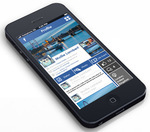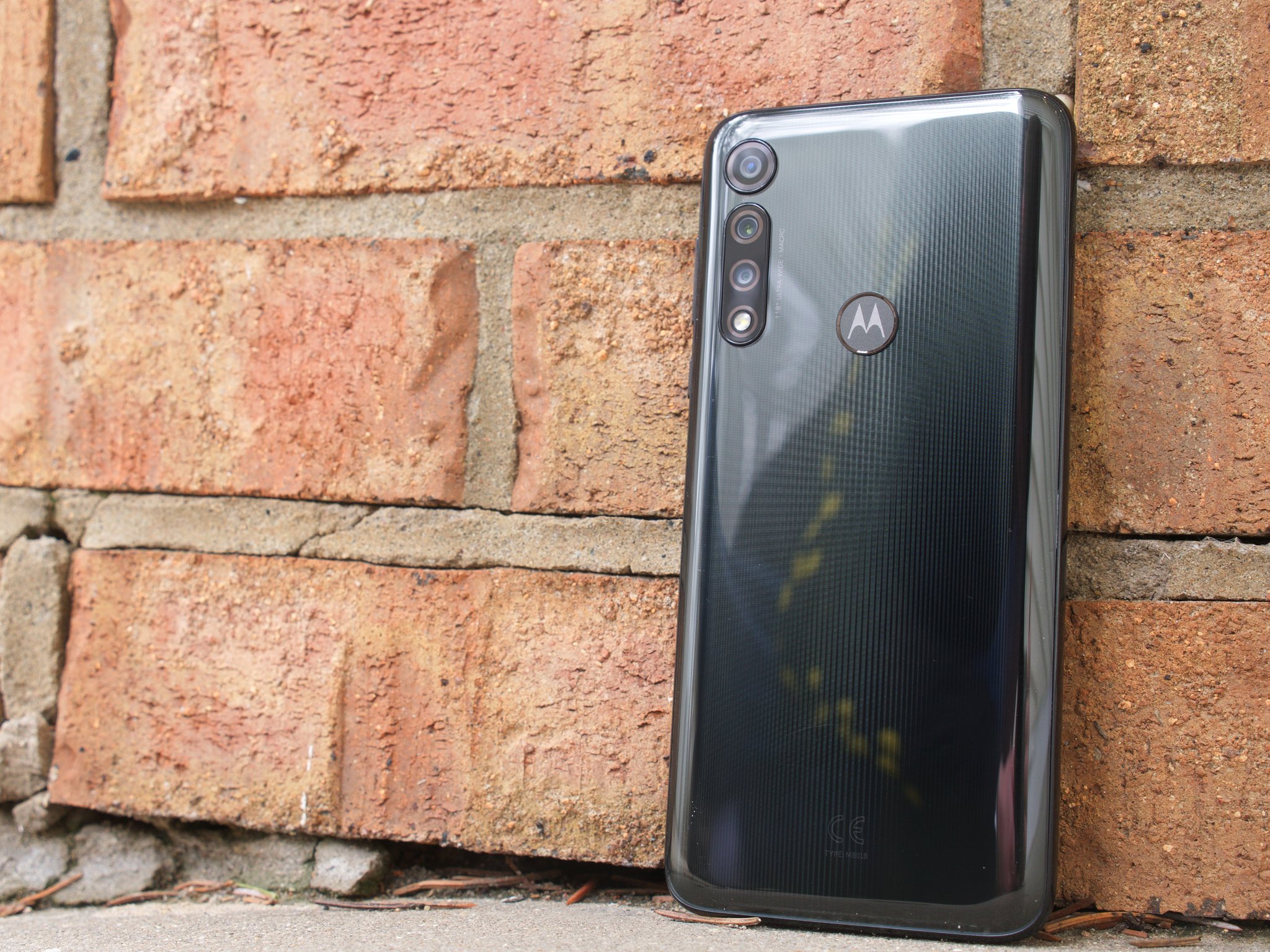Opinion - Signal needs an Android app for Chromebooks - Android
For those that may not know, Chromebooks have become a big deal during our pandemic-plagued world. These Google-powered PCs have been the go-to device in education for both students and teachers. So much so that Chrome OS is now officially the second most used “desktop environment” in the world. This edges out Mac OS for the first time since Google announced the OS way back in 2011.
Similarly, another system also thrived in the crazy year that was 2020, that being the private messaging app Signal. This end-to-end encrypted application found itself taking on millions of users as apps like Whatsapp move towards a more open future under Facebook during uncertain civil times in our nation.
Despite the dominance of both Chromebooks and Signal, the two systems can’t work together natively. Yes, you can install the Linux runtime and get a working instance of Signal, but it’s not perfect or even the most transparent way to get apps. It needs to be in the Play Store along with all the other Android apps that people are using.
Android apps still need some work, but they are the closest thing to native apps on a Chromebook outside of web apps. Google puts the Play Store front and center on the devices setup wizard just for that reason. It wants users to see the parallels from the phone they’ve been using for years.

So naturally, if you’ve adopted Signal on your phone and maybe even used it on your Windows machine, you’d assume that you could just as easily install it on your new Chromebook, but no. Searching for Signal from the Play Store on a Chromebook reminds you that the app is not compatible with the device.
Even sideloading the APK package to manually install Signal will eventually fail. The Signal team currently only allows the Android app to have one sign-in across devices at a time. I’m not quite sure the reasoning for this as you can still use desktop clients; however, it seems to be a security measure.
The phone Android app essentially is your encrypted server that is the conduit for all the other instances on the desktop to run the chat. But the fact that new form factors and machines running both Chrome OS and Android are blurring the lines of desktop vs mobile more and more. This should be a sign to Signal that the Android app needs a client function for certain devices the users choose.
The world of a single device for most people is somewhat true. Many use their phone as the primary connect unit, but tablets and especially laptops are a reality that Signal has ignored too long. Chromebooks are now in that conversation in a real way and deserve a more native solution. Can we just get a setting toggle to use the Android app as a client like the desktop apps?
02/04/2021 04:00 PM
Backflip offers an easier way to turn used electronics into cold, hard cash
02/04/2021 12:43 PM
Samsung drops the price of the Galaxy Z Fold2 5G by $200
02/04/2021 05:43 PM
Rivian's EV service plans include remote diagnosis and on-site repairs
02/04/2021 04:32 PM
Google Photos has a category for all of your Memories — and here they are
02/04/2021 06:04 PM
These are some the best Garmin Venu bands you can buy
02/04/2021 02:00 PM
The best cheap Android phones you can buy in 2021, ranked
02/04/2021 09:00 PM
Apple's Magic Keyboards for iPad are cheaper than ever on Amazon
02/04/2021 06:00 PM
- Comics
- HEALTH
- Libraries & Demo
- Sports Games
- Racing
- Cards & Casino
- Media & Video
- Photography
- Transportation
- Arcade & Action
- Brain & Puzzle
- Social
- Communication
- Casual
- Personalization
- Tools
- Medical
- Weather
- Shopping
- Health & Fitness
- Productivity
- Books & Reference
- Finance
- Entertainment
- Business
- Sports
- Music & Audio
- News & Magazines
- Education
- Lifestyle
- Travel & Local





